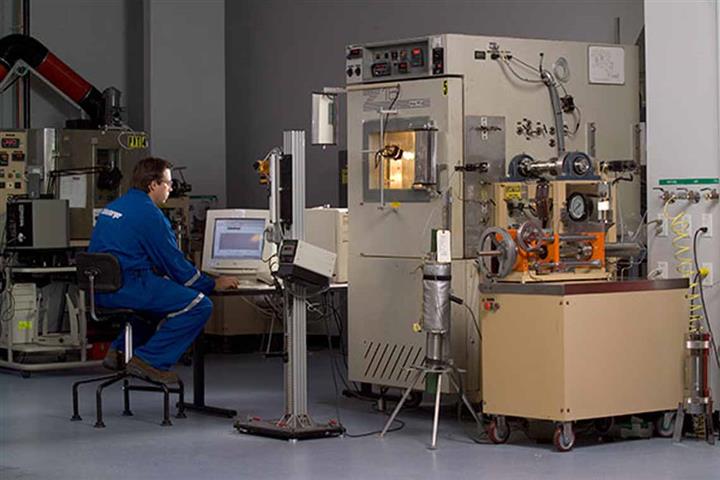The course covers measurement, prediction and application of reservoir fluid data as required in reservoir studies, production operation, and recovery processes. Fluid sampling, including well preparation, sample evaluation, contamination, fluid recombination and its adjustment, particularly for gas condensate and volatile oil samples, will be discussed. The common experimental procedures to generate PVT data, such as constant volume depletion, differential liberation, and separator tests, will be explained and critically reviewed. Recent advances in fluid testing will be presented. PVT reports, evaluation of the reported data, and their application to reservoir studies will be discussed. Methods of fluid characterization and the required extent of such studies for various fluid types and processes will be reviewed. Compositional modeling of the phase behavior and the equation of state development for application in reservoir simulation will be presented. Various techniques to reduce the computational time, particularly for integrated reservoir-surface simulation, will be presented. Gas injection processes, including miscible displacement, and the dynamic validation of phase behavior models using reservoir simulation will be discussed. The course includes ample worked examples, using conventional PVT correlations, as well as compositional methods. The course is intended for reservoir and production engineers, and those involved in reservoir fluid sampling, testing and modeling.






comments (0)